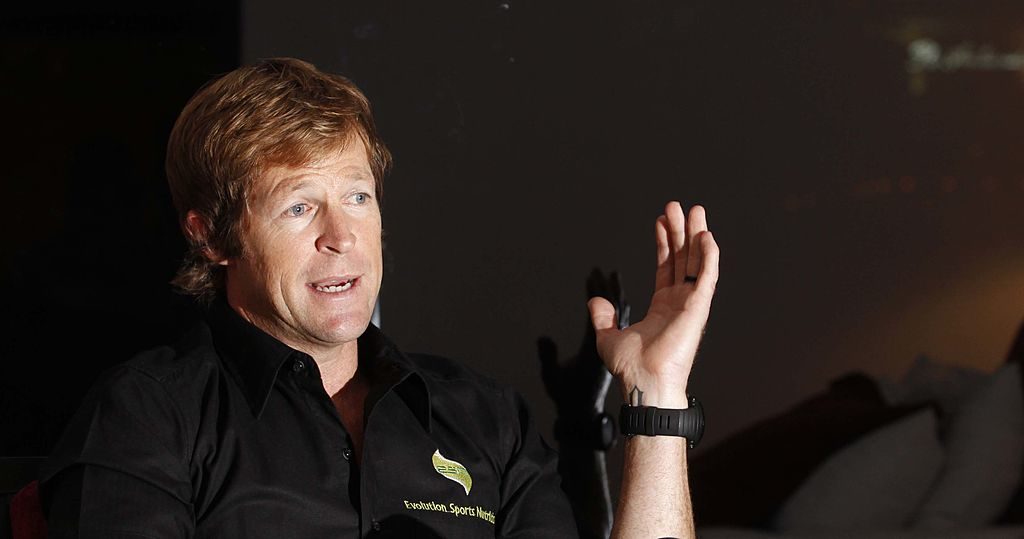Former Proteas great Jonty Rhodes says not enough is being done by Cricket South Africa to promote players of colour in the national set-up.
This comes after batsman Temba Bavuma missed out on selection for the second and third Tests against England, despite recovering from an injury which ruled him out of the opening encounter in Centurion.
With Kagiso Rabada suspended for the upcoming fourth Test at the Wanderers, it means the pool of black players to chose from Mark Boucher’s group is limited to two – only Bavuma and Andile Phehlukwayo are available. Lungi Ngidi remains on the sidelines recovering from an injury.
CSA’s transformation target stipulates that the team should consist of six players of colour, of which two must be black Africans, as an average over a cricket season.
With Rabada suspended and Ngidi not fit, Rhodes believes it’s going to be difficult for Boucher to strike the right balance leading up to the fourth and final Test.
‘Now you have a scenario where Rabada is suspended. If Ngidi is injured and can’t play, that will mean Bavuma has to play. You’re dropping a fast bowler but you’re bringing in a batsman. From that perspective, it really is tough,’ Rhodes told The Hindu.
The 50-year-old, who played 52 Tests for the Proteas, feels that not enough has been done since the days of apartheid to improve the ratio and balance between white and coloured players in the Proteas teams.
‘You still have disadvantaged communities based on race. So they might have political freedom, but they don’t have economic freedom.’
He does admit, though, that he definitely benefited from his skin colour to earn his debut Proteas selection back in 1992, because he only had to compete with a pool of white players.
‘I certainly benefited from the fact that I wasn’t really competing with 50% of the population. I literally was competing only with the white players. You talk about white privilege and it raises a lot of heat and debate on social media, but it is the case. I’m very aware of that. My cricketing statistics as a player were very average when I was selected.
‘If I was competing with the rest of the country then possibly I wouldn’t have been picked. And I would not have been diving around the field.’
Rhodes believes that it is the people at the top’s responsibility to improve opportunities among disadvantaged communities and, by doing so, opening the door for new generations of black players to get the chance of representing their country.
‘It’s not about racism. It’s about equal opportunity and that’s not happening,’ said Rhodes.
Photo: Anshuman Poyrekar/Getty Images







